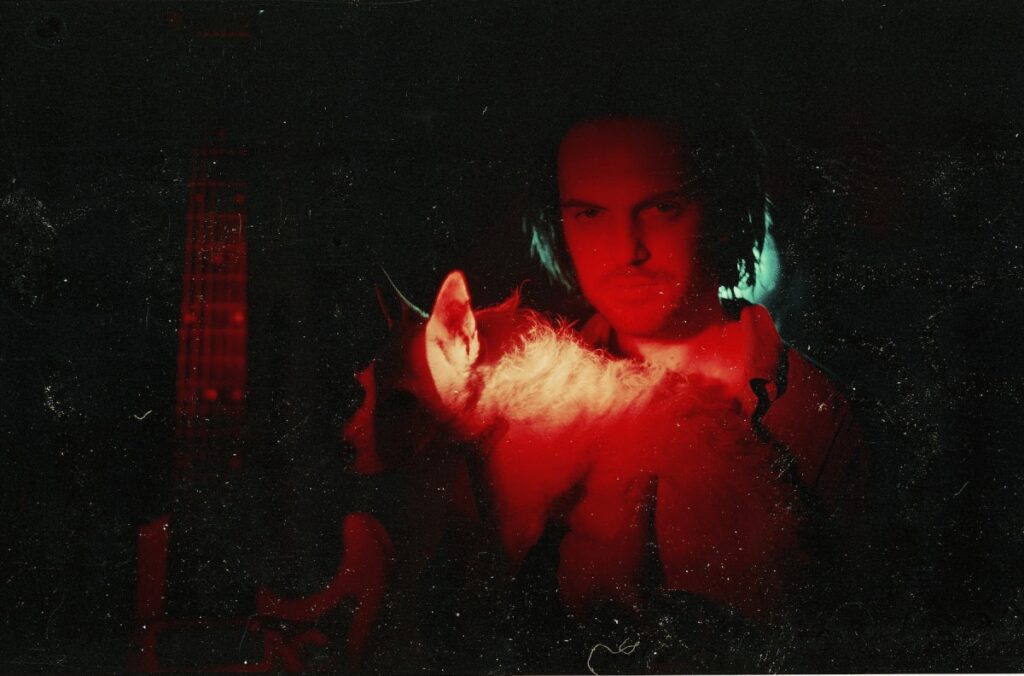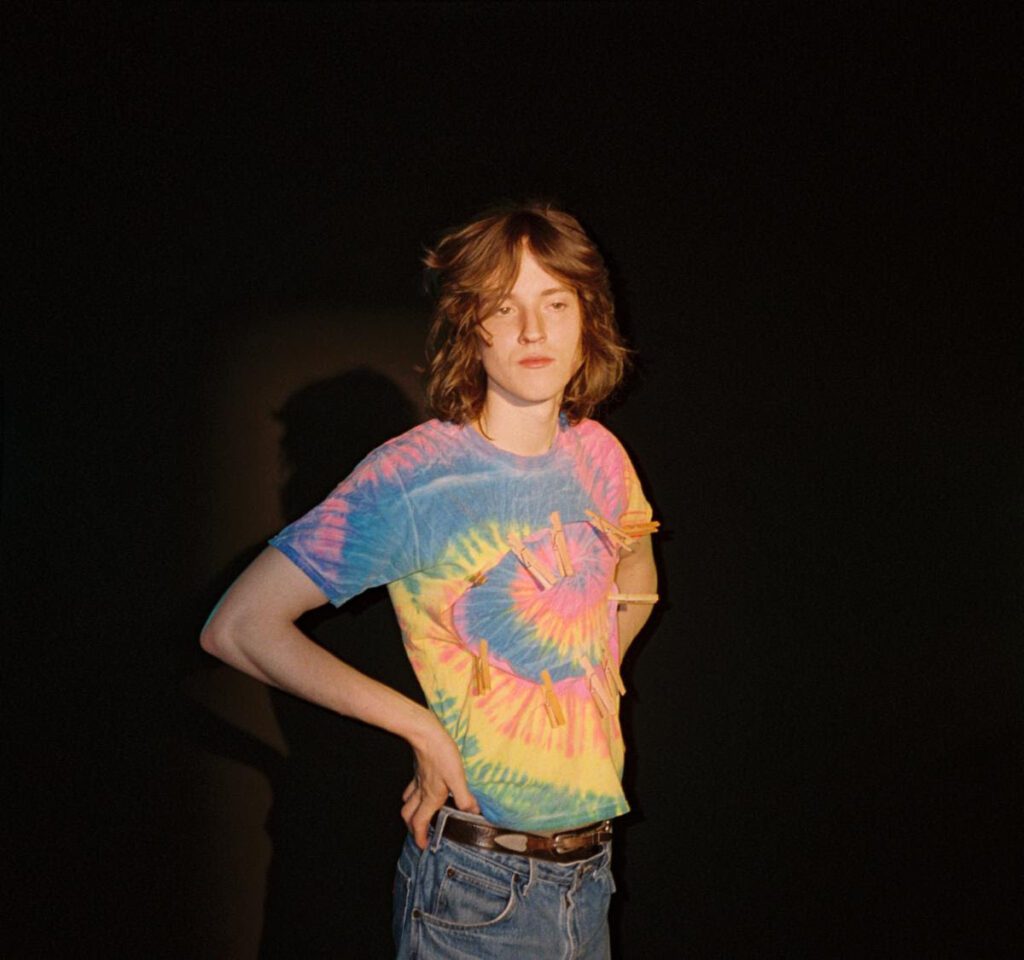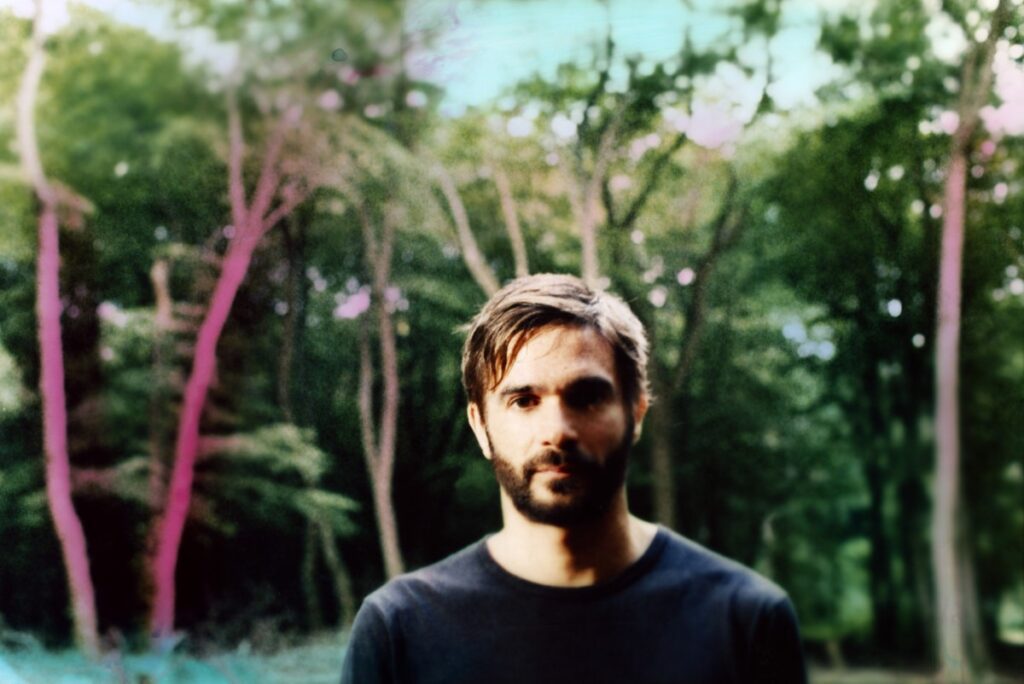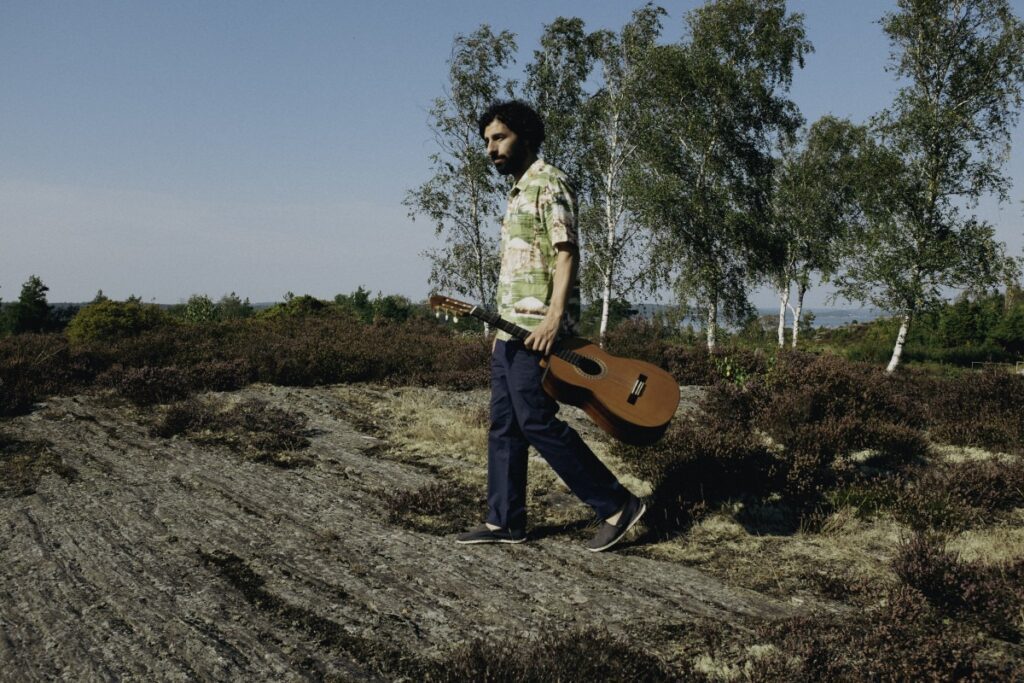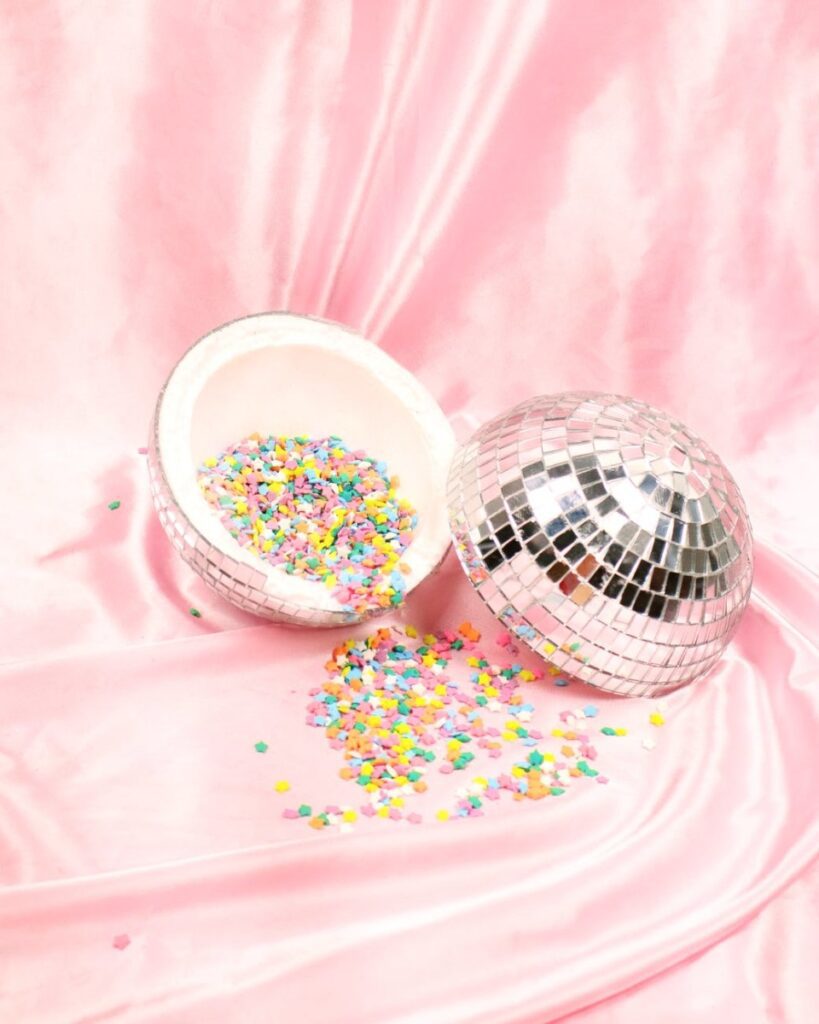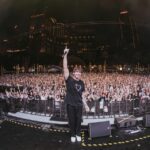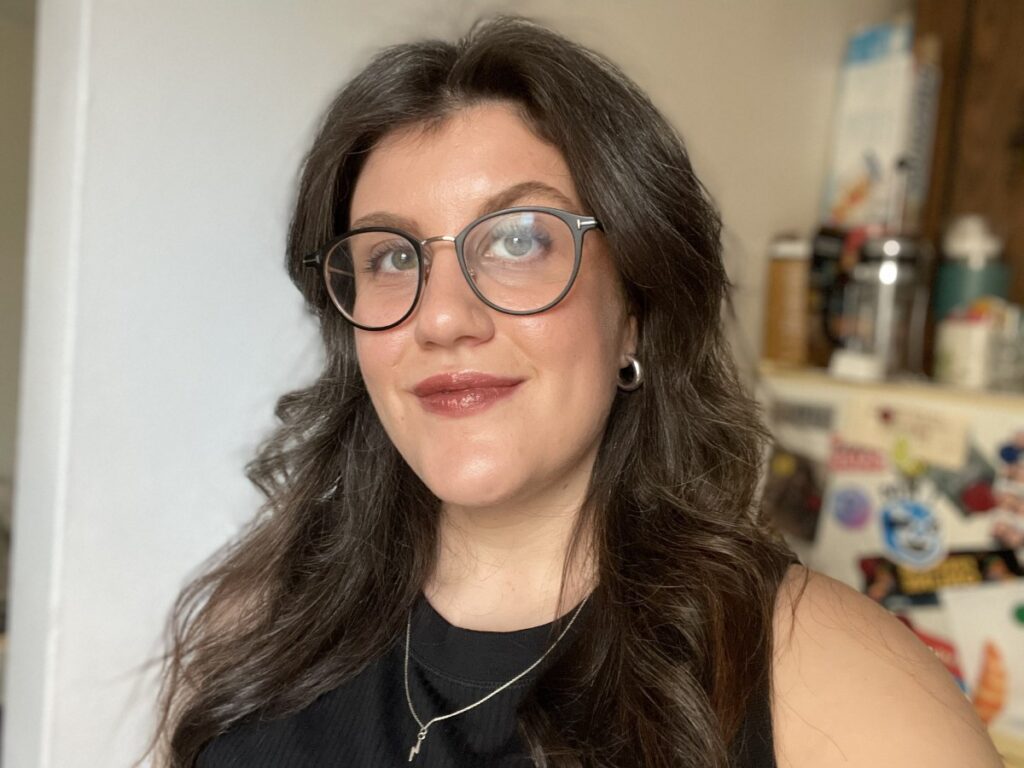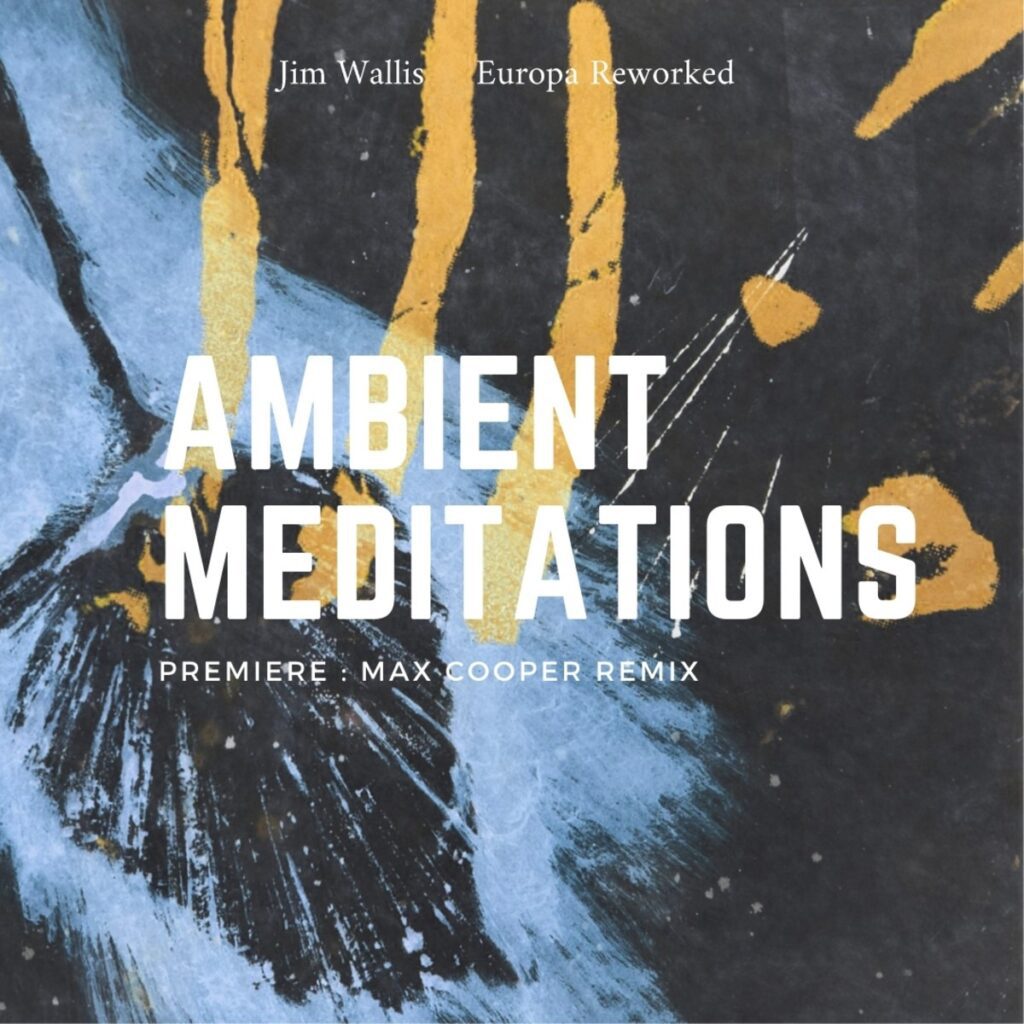Sam Dust is a musical magellan, and the soundscapes that LA Priest circumnavigate are nigh indescribable. The solo project from the founding member of Late of the Pier certainly qualifies as electronic music, in the sense that a large part of the sounds are synthesized. With his debut album, Inji, in 2015, to a degree unlike almost any other electronic music out there, his handmade synths expressed a warm and fuzzy feeling in a way that something only flesh and blood can.
But, like I mentioned before, Sam is an explorer. Never satisfied with simply sailing within his comfortable domain, he has always sought to find new horizons and see what lay beyond them. For the aforementioned debut solo album, he composed much of the sounds using handmade synths, designed, in his words, by "stick[ing] screwdrivers in things until they make weird sounds." In this same spirit, Gene, the machine and Gene, the album, were born.
Firstly, ever the veritable young Frankenstein, Sam isolated himself for a year or two in a shed in Wales on a mission to find the edge of his limits and push past them. From this place, Sam tore apart the schematics of some of his favorite drum machines and designed one exactly to his liking. Not one that perfectly followed a quantized grid, either, but one that retained the human elements that brought LA Priest, and Inji, to life. The end result of these efforts are embodied as the heart and soul of Gene, and this end result is an exceptional album that, as with Inji, defies any single description.
So? I'm not going to bother trying. The album is out now here, via Domino records.
Eugene Stuckless: Do you consider yourself, as Sam, separate from LA Priest?
LA Priest: I suppose there's a Venn diagram where Sam ends and LA Priest begins. When I step on stage or when I'm in front of the camera I'm going to be focused in a different way. I've said in the past that it's a bit like being in a hypnotic state. I'm not naturally a performer. In a room of people, I'd be the quietest person. So for me to actually be the performer or be the center of attention, I have to switch something and go into a different mode, a different state.
Eugene: Do you find it comfortable?
LA Priest: Not at first. I've probably never been happy or comfortable with that first moment of walking onto a stage. I don't think I can ever remember just being like, "Yes, I have arrived. This is me in my element." I think it always takes me two or three songs. I think that's a good thing because then it always feels like I've had to earn it or something.
I think it's the same when I'm recording myself. But the irony of that is that even though I think "Oh, I finally got it on the third take," when I go back to listen, the first take has a lot of the magic. I think the transition from casual day-to-day Sam transforming into LA Priest, this character that I've invented in a way, it's that transition that often yields the interesting stuff.
Eugene: What beginning was the hardest to say goodbye to?
LA Priest: Well, I suppose in a way there’s a trap to becoming an expert at anything, because people expect more from you. So I'd say one of the beginnings that's brilliant is when you first start playing your music live to people. You don't really think to polish it up. For a start, you don't even know how to polish it. So you're just diving in at the deep end and, no matter what, you are going to be seen as an amateur. You're working within those natural limitations but instead of worrying about it, you just express yourself, because that's all you can do. You can't make anybody think that there's something grander than what they see before them.
But then the more you go out and present yourself, the more the idea of professionalism grows in your head. It’s inevitable, really. I still try to keep it a bit lighter, though, and not worry too much about that stuff. I’m certainly not the most slick performer live. I think that’s because I’ve always recognized the power of just not giving a shit, really.
Ultimately, that's what people want to see when you're on stage. They want to see you do your thing. They don't want to see a person that's concerned about the way that they're perceived. They don't want to see somebody constrained in any way, I think. I think if you have to balance between the two things you should forget about professionality and technicality, anyway.
On my records I process things a lot, and it takes a lot of fine tuning to bring out all the sonic qualities I'm tuning into. But when I play live, I abandon that altogether, and, rather than walking the tight rope, I'm floating around it, hoping to be on the right general path.
Eugene: Do you prefer form or formlessness?
LA Priest: I can’t think of much that you can call formless, really. Even the air has a form to it, I suppose. But if there's something great about formlessness that is worth appreciating, it's that sometimes when writing a song, the idea is most enchanting before it takes form. It's very hard to channel the specifics of that enchantment. It’s this… vapor.
Air is actually the closest approximation to it because the ideas do kind of come out of thin air. I think that's why musicians think about ghosts and spirits and disembodied things like that. Or magic, really, because that's very much what it feels like sometimes. If you are a musician, then you deal in the occult, because every time you write a song you feel like there’s this translucent idea hovering in the air and you’re simply trying to communicate with it.
It's almost funny because I think I have a lot of friends who aren't musicians that are way more into the world of spirits and seances than I am. I almost wonder if it's because I feel like I’m already communicating with that world, in a way.
It sounds pretty wacky, but yeah, there's no real science to it, is there? Where ideas come from. It doesn't really make sense to say that the brain just generates these things randomly like it does.
Eugene: What makes music pleasurable is that it does have an order to it, to a certain degree. When we’re listening to a piece of music and we predict where a song is going to go, but how it gets there is unexpected, it prompts the dopamine response that makes us feel good.
LA Priest: Yeah, I think that's it. There is a really complex structure of predictions and expectations, into which you introduce the contradictions. It’s similar to comedy, in a way, where you build the audience’s expectation of how a story will end. But then, with proper timing, you get the contradiction just right with the punchline, and then comes the reaction. I think the same is true of music.
But the only problem with the scientific explanation is that if you ever try and base music on those scientific calculations, it doesn’t have the same effect at all. There’s a limitation to any sort of that enforced order. I don’t know if I’m saying it’s the human element, which is a bit egotistical and human-centric, but I’d guess the missing link is the unpredictability; what we would call true randomness. In music you call it noise, random noise, which can only come from something organic.
Digital systems, as amazing as they are, can’t create complete randomness, even though we do have these little chips dedicated to generating digital noise. But they can't recreate white noise as it would come out of analog circuitry, because the circuits they are based on have to use a calculated formula. I don't know whether I have to be that purist about it, but I'd be interested to see how close they get within my lifetime to being able to generate emotive music mathematically.
Eugene: That's very curious, because when I think about how you yourself built "Gene," you built something that abides by the applied laws of physics, and so the output by its very nature is calculative, for lack of a better word. Yet what comes out on the other side did have emotion. Even when you're not singing, when it's just the synthesizer, it still has heart and soul to it.
LA Priest: Yes but I don't think the soul is generating itself. I'll give myself a little credit, just enough anyway, to say that in the year or two I spent building the machine [Gene], I wouldn’t say I built emotion into it, but the process had a similar depth and nuance to emotion. I left a lot of components that were just doing their own thing. Uncontrollable, really, but rather than reigning them in, I’d just kind of poke around them to see what happened.
But during the build process I was also consciously thinking, well, if it's going to be uncontrollable and unpredictable, then that's exactly what I need to generate these ideas. Because one day it's going to be awful and the next day it'll be amazing, and that's better than it always being in the middle. But all that said, the machine is finite. What’s in the box, is in the box, and the pseudo randomness is only generated by circuitry. That's why I think there will always need to be a living thing to come in and revive it. I'm sure that there are other animals that could do the same thing, not just humans, but I reckon we just have different tastes.


